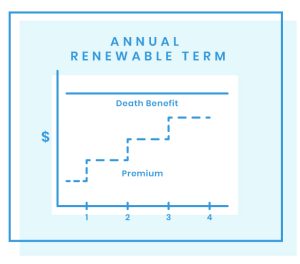Indexed Universal Life
When it comes to buying insurance, the most popular type of plan is indexed universal life insurance. This kind of plan is the best option for people who are looking to invest their money wisely. While the policy guarantees a certain minimum rate of return, it can also be risky. The cash value in a policy can be eaten up by the annual policy charges and the premiums, which are not guaranteed to rise. Another disadvantage is that the insurer will only use an index as a barometer for calculating the gains on the cash value, so they will not include dividends in their calculations. Those who are new to this type of insurance should know what they are signing up for and whether it’s right for them.
In the first place, indexes are used to calculate the death benefit. The insurance company uses this index to determine the amount to pay out. Because the policy has a high risk of investment loss, the death benefit is tax-free. Nevertheless, there are some risks to indexed universal life insurance. Many advisors say that it’s expensive, but that’s not true. In fact, the higher fees will only apply to the initial five or ten years of the policy. After that, the rates will gradually decrease. And once the money is invested, the payout will be tax-free.

Indexed Universal Life Insurance Guide
The key to a successful indexed universal life insurance policy is to choose the right one. Generally speaking, you should avoid a policy that doesn’t match your financial goals. Moreover, if you have a low risk tolerance, you can opt for an indexed universal life insurance plan. You will have to pay a higher premium for it, but it will grow your money. Besides, a good indexed universal life insurance policy is flexible. You can change the amount of premiums whenever you wish.
There are many advantages to index universal life insurance. It is a permanent form of life insurance, and you won’t have to worry about it expiring. It will stay in force as long as you continue to pay premiums. Traditional types of this type of policy will generate a small return each year. If you’re interested in this type of policy, you can talk to an experienced life insurance agent about its pros and cons.
The indexed universal life insurance policy can be confusing and complicated. This type of insurance is generally more expensive than term life insurance and can also lapse. You’ll need to monitor the cash value account and add money if returns are low. You should check with your broker before you purchase a policy. You’ll need to decide the best premium payment period. You’ll also need to consider whether it suits your budget.